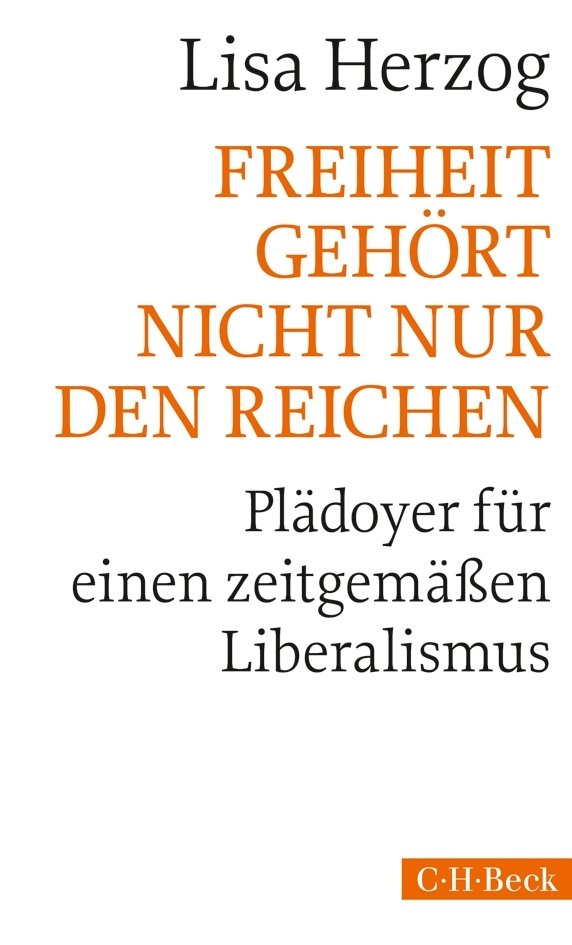Freiheit ist mehr als die Freiheit, zu wirtschaften. Dieses Buch stellt dar, wie Liberalismus heute gedacht werden muss, damit er nicht im Widerspruch zu Gerechtigkeit, Nachhaltigkeit und einem gelingenden Leben steht. Freiheit, so das Plädoyer, muss vielschichtiger verstanden werden, um zu sehen, welche Rolle Märkte für eine gute Gesellschaft spielen können. Jenseits des politischen Schubladendenkens wird das Bild einer Gesellschaft entworfen, die allen Mitgliedern ein selbstbestimmtes Leben ermöglicht und dabei mit den begrenzten Ressourcen der natürlichen Welt vereinbar ist.
Das Buch führt in zentrale Themen der Ideengeschichte, Wirtschaftstheorie und Sozialphilosophie ein und legt die Denkmuster offen, die viele heutige Debatten prägen. Unter anderem geht es um die Frage nach einem realistischen Menschenbild jenseits des homo oeconomicus, um das Verhältnis negativer, positiver und republikanischer Freiheit und um die Frage, wie eine Politik aussehen kann, die sich auch jenseits des Wachstumszwangs an einem selbstbestimmten Leben für alle Menschen orientiert. Nicht zuletzt zeigt das Buch auf, wie mit einem zeitgemäßen Freiheits- und Menschenbild Märkte wieder in den Dienst einer gerechten Gesellschaft gestellt werden können.


